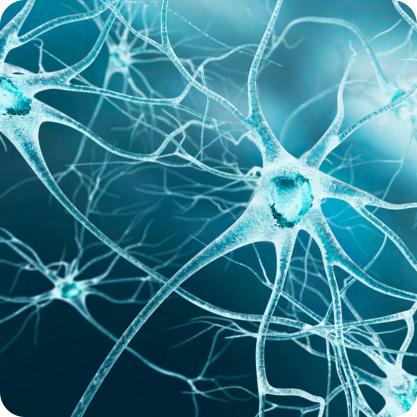IN THIS EPISODE
In this episode of the Research Forward podcast, host David Mayo interviews Dr. Lily Iskhakova, a leading neuroscientist from the Weizmann Institute. They delve into the intricate world of neuronal networks, exploring the mysteries of learning, memory, and neurological disorders. Dr. Iskhakova shares her innovative work on the rehabilitation of animals used in Parkinson's disease models, highlighting her research on the electrophysiological fingerprints of aberrant neuronal activity in primate models.
The conversation covers the development of surgical methods to address medication-resistant neurological and psychiatric disorders through deep brain stimulation and neurofeedback algorithms. Dr. Iskhakova explains the potential of these techniques to reformat pathological brain activity and improve patient outcomes. They also discuss the unique environment of the Weizmann Institute, which fosters collaboration and innovation among researchers from diverse backgrounds.
Additionally, Dr. Iskhakova emphasizes the importance of animal care and training in research, detailing her approach to building trust and positive reinforcement with primates. The episode concludes with insights into the future of neuroscience research and the potential for new treatments for Parkinson's disease and other neurological conditions. This episode offers a comprehensive look at the groundbreaking work being done at the Weizmann Institute and its implications for the field of neuroscience.
About Lily Iskhakova
Dr. Lily Iskhakova is a distinguished neuroscientist currently serving as a staff scientist at the Weizmann Institute of Science in Israel, where she leads Prof. Rony Paz's lab in the Department of Brain Sciences. Her work is dedicated to advancing our understanding of neuroplasticity and developing innovative therapies for psychiatric disorders.
Dr. Iskhakova's journey into neuroscience was inspired by her grandmother's medical practice in Uzbekistan. After immigrating to the United States, she pursued her passion for medicine and completed her Ph.D. in Neuroscience at Emory University. Her research focuses on how neural networks in the brain change through learning and reorganization, particularly in the context of emotional information processing. This work aims to develop therapies for conditions such as anxiety and depression.
Her contributions to the field include characterizing electrophysiological activity in primate models of schizophrenia to develop deep brain stimulation algorithms, offering hope for patients with treatment-resistant symptoms. Dr. Iskhakova's diverse professional experience spans roles as a lecturer, researcher, and patent reviewer, and she is also a co-founder of the Academic Bukharian Community.
Dr. Iskhakova's dedication to neurological research and her innovative approach to treatment development make her a key figure in the field of neuroscience, continually pushing the boundaries of what is possible in understanding and treating brain disorders.

